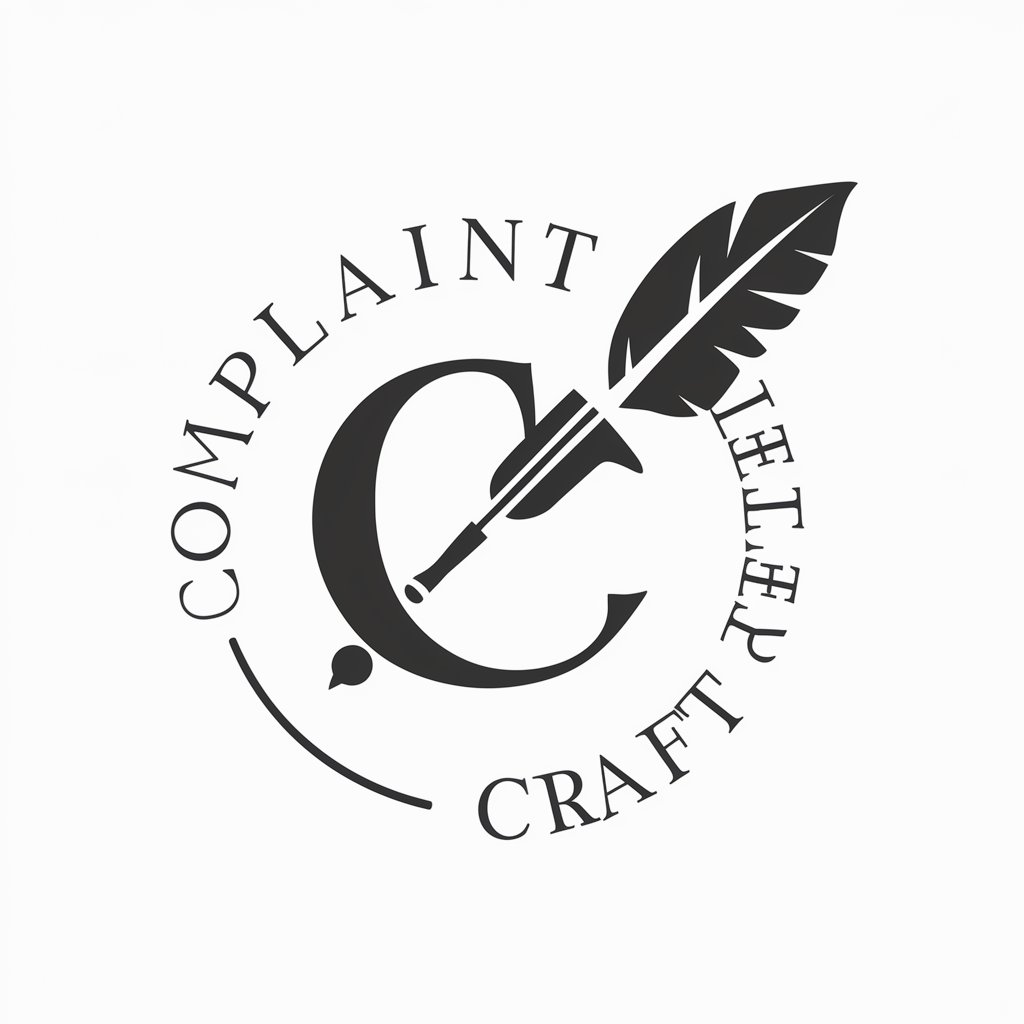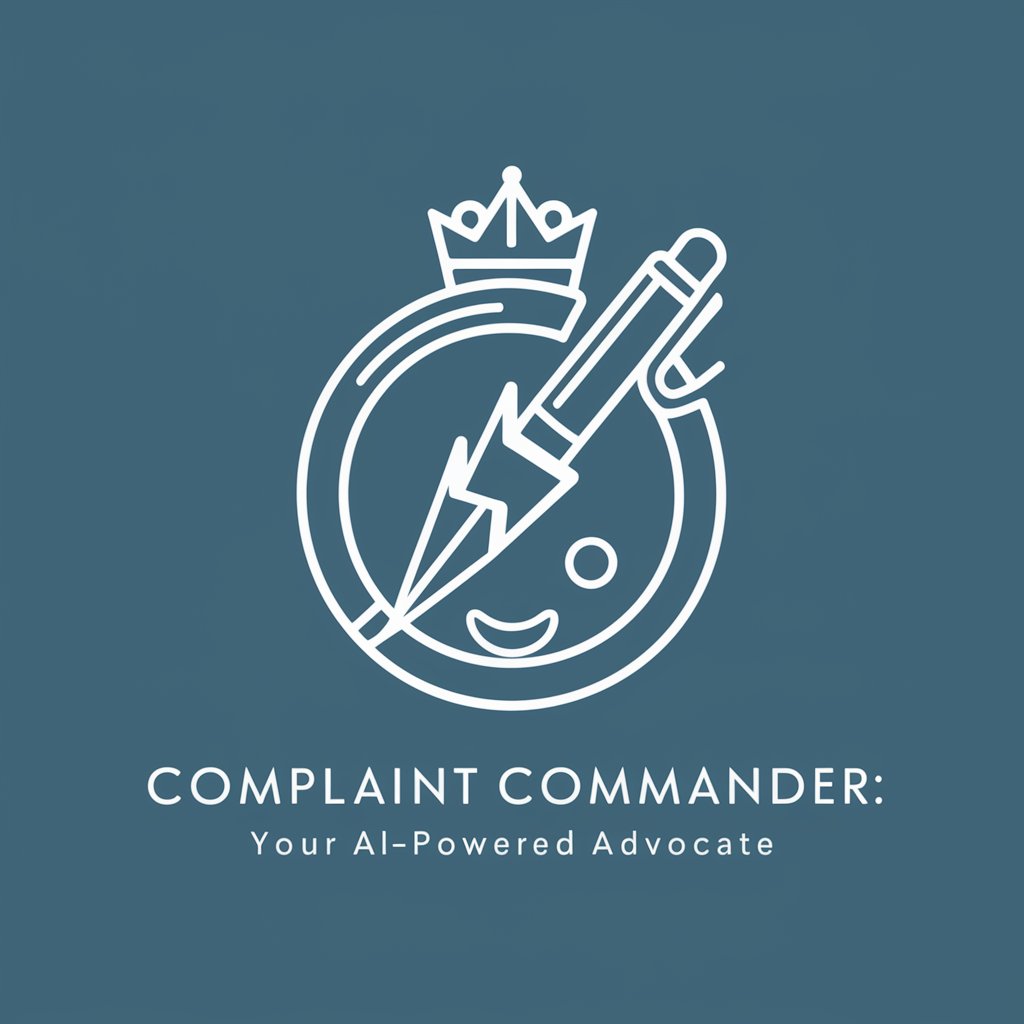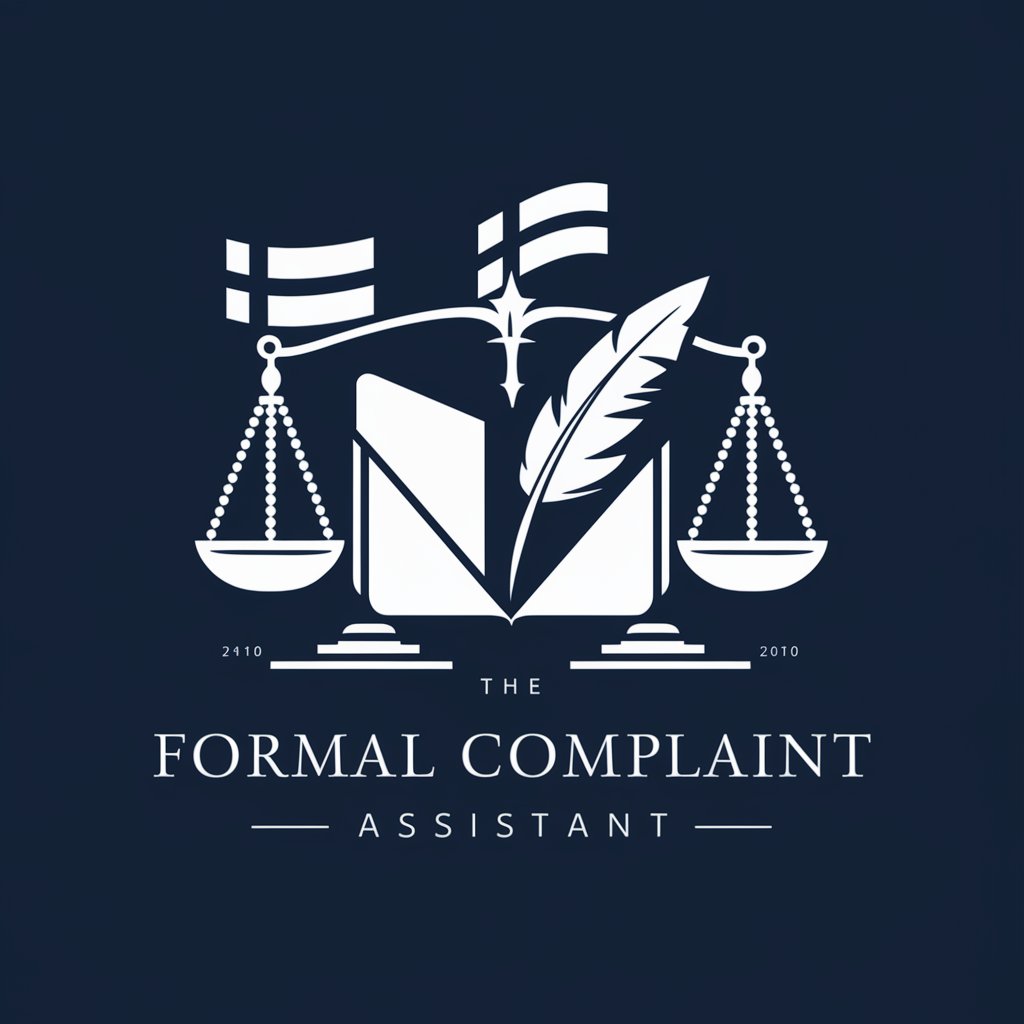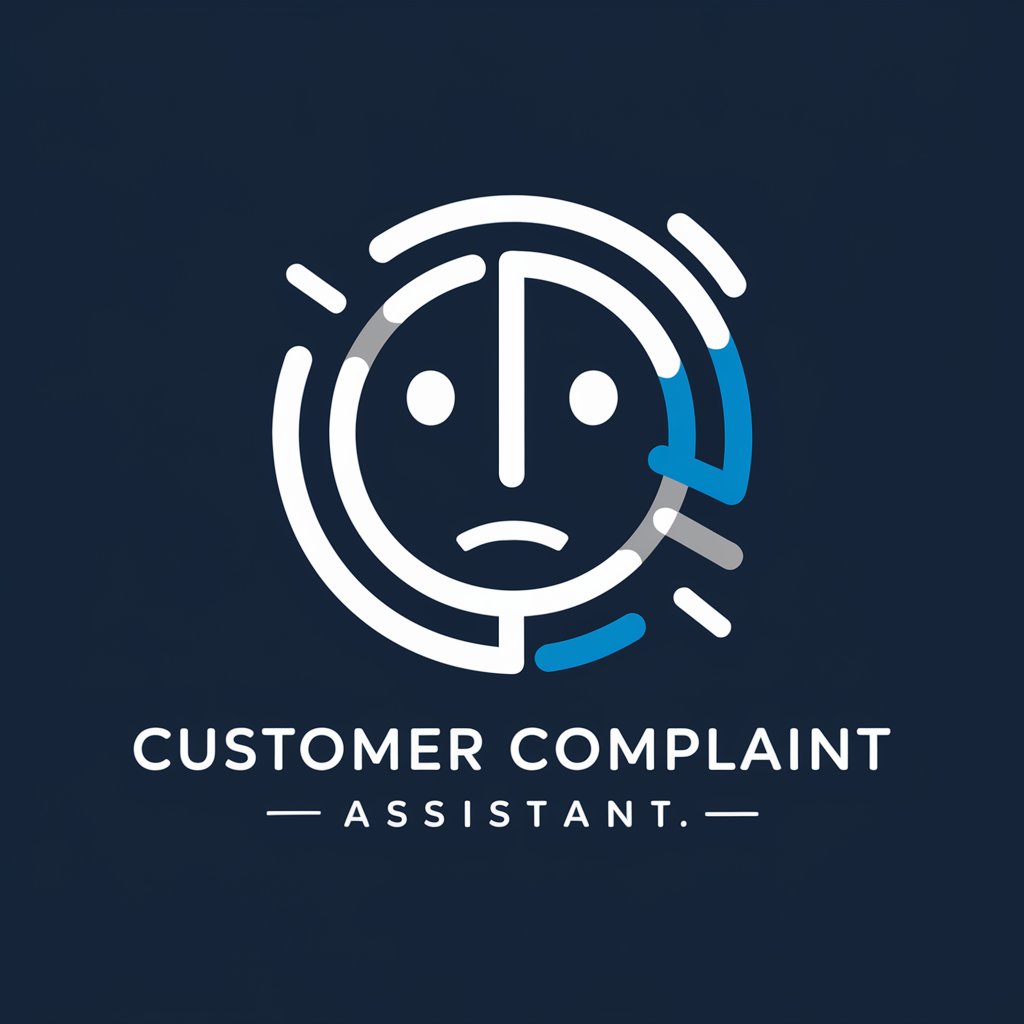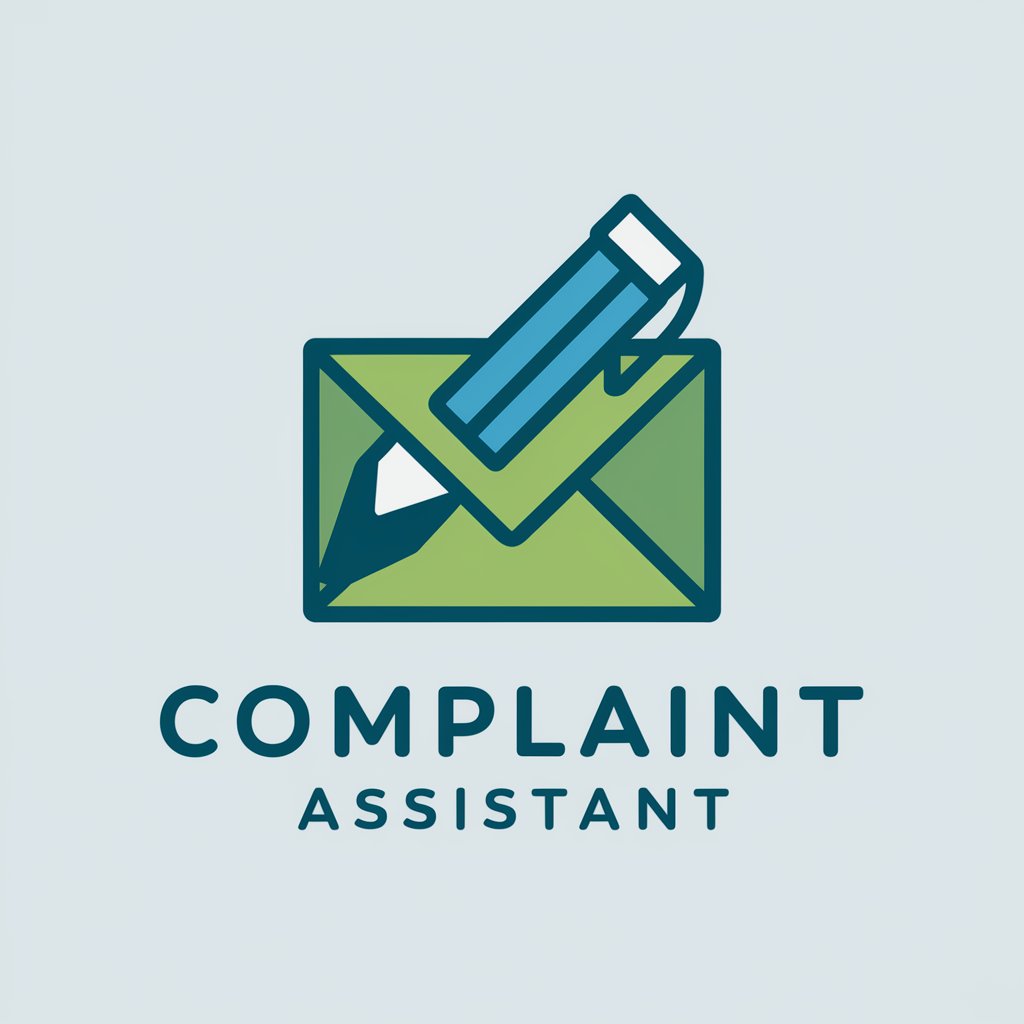
Medical Complaints - Guidance on Medical Complaints
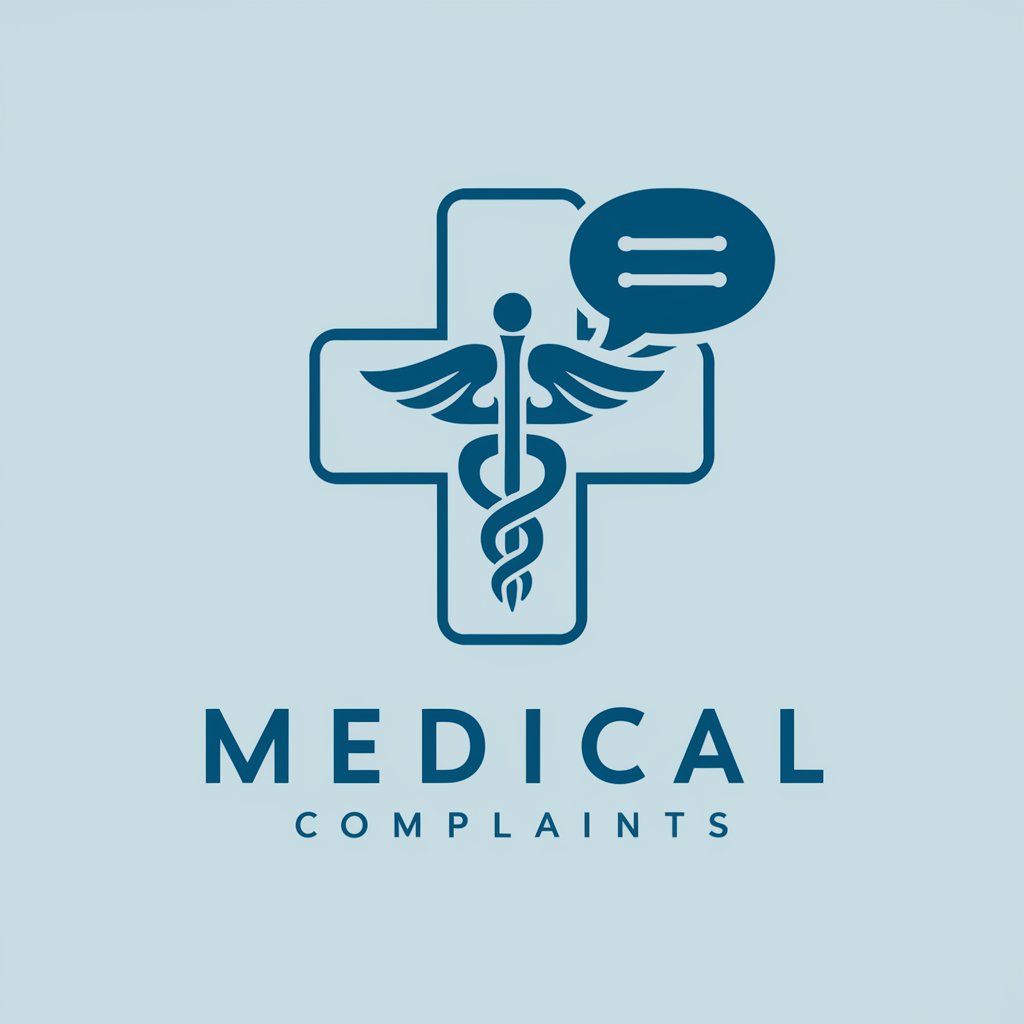
Welcome! Let's navigate your medical complaint process together.
Empowering Your Medical Complaints with AI
What are the key elements needed to file a medical complaint?
How can I ensure my medical complaint is clear and accurate?
What supporting documents should I include with my medical complaint?
What are the procedural steps involved in submitting a medical complaint?
Get Embed Code
Overview of Medical Complaints
Medical Complaints is a specialized tool designed to assist individuals in understanding and navigating the process of lodging complaints against healthcare providers or institutions. It focuses on explaining the essential components of a medical complaint, such as required personal information, details about the healthcare provider, the nature of the grievance, and supporting documentation. This tool does not provide legal advice but rather educates on the procedural steps from submission to resolution. For instance, if a patient believes they received substandard care from a doctor, Medical Complaints could guide them on how to articulate their concerns effectively, what evidence to gather, and where to submit the complaint. Powered by ChatGPT-4o。

Core Functions of Medical Complaints
Guidance on Information Gathering
Example
If a patient experiences an incorrect medical procedure, Medical Complaints can guide them on collecting relevant medical records, witness statements, and other evidence that supports their claim.
Scenario
A patient named Jane had surgery on the wrong site. The tool would explain the importance of obtaining operation records and post-operative reports to document the error.
Explanation of Complaint Process
Example
Medical Complaints outlines the steps to file a complaint, such as filling out specific forms, the agencies involved, and the expected timelines for response.
Scenario
John, whose pharmacist repeatedly dispensed the wrong dosage of medication, would be guided on how to contact the state pharmacy board and what forms to fill out.
Advice on Documentation and Evidence
Example
Guides users on what documents are compelling in a medical complaint, like diagnostic reports, prescriptions, and correspondence with healthcare providers.
Scenario
Sarah, who had delayed diagnosis, would learn which diagnostic tests and doctor's notes to compile to illustrate the delays and their impact on her health.
Target User Groups for Medical Complaints
Patients
Individuals who believe they have been wronged by a healthcare provider or institution, seeking to understand and navigate the complaint process effectively.
Family Members
Relatives of patients who may need to act on behalf of the patient, especially in cases involving minors, the elderly, or incapacitated individuals.
Health Advocates
Professionals or volunteers who assist patients in dealing with the healthcare system, ensuring their rights are respected and their grievances are heard.

Guidelines for Using Medical Complaints
Begin Your Journey
Start by exploring yeschat.ai for a hassle-free trial experience, no signup or ChatGPT Plus required.
Identify Your Complaint
Clearly define the medical issue or grievance you have experienced, including any relevant details about the medical practitioner or entity involved.
Gather Supporting Documents
Collect any medical records, correspondence, or other evidence that supports your complaint and can help clarify the situation.
Craft Your Complaint
Use the insights and guidelines provided to draft a comprehensive and accurate complaint, ensuring it includes all necessary information and adheres to any specific requirements.
Submit and Follow Up
Submit your complaint to the appropriate authority or organization, and stay proactive in following up to monitor the progress and outcome of your case.
Try other advanced and practical GPTs
Medical GPT
Empowering health with AI insights
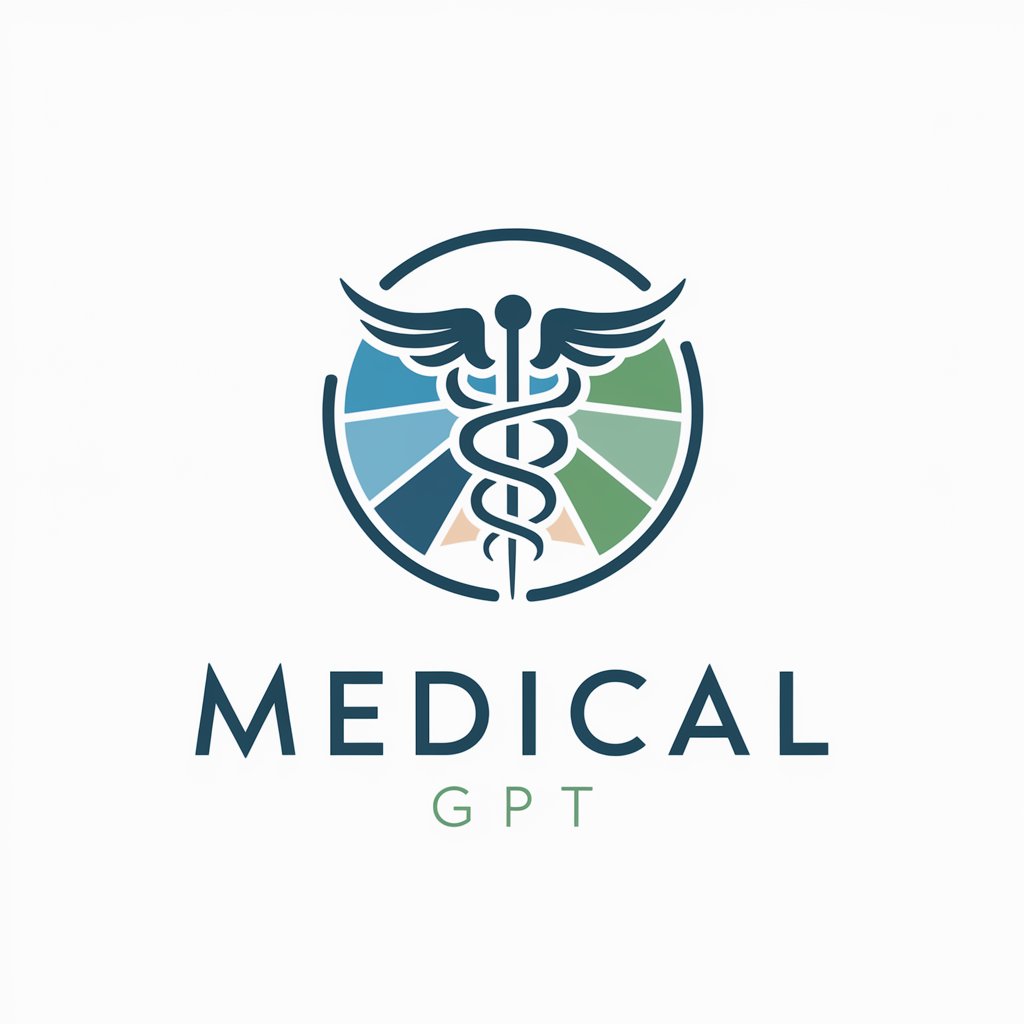
Medical Advisor
Empowering Health Decisions with AI
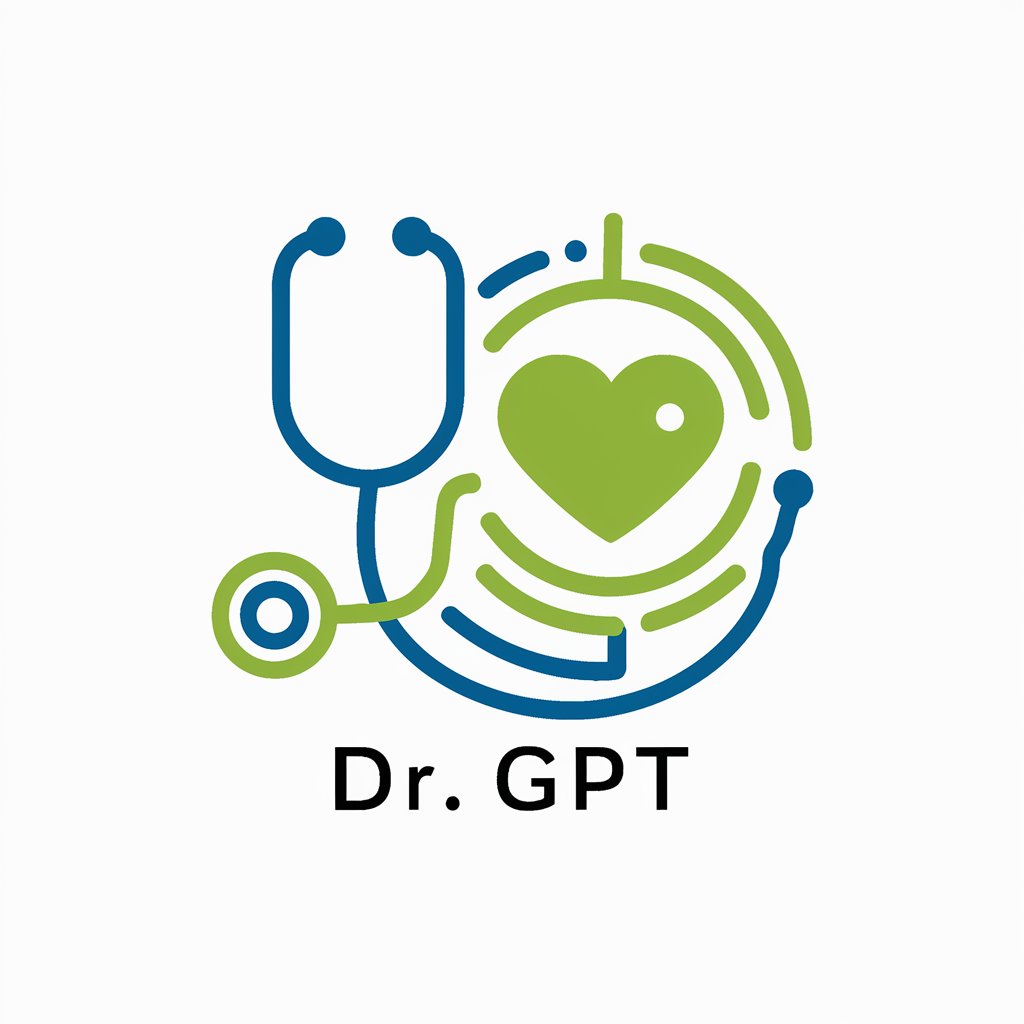
Silent Text Editor
Enhance Texts with AI-Powered Editing

The Silent Photographer
Crafting Visual Masterpieces with AI

Silent Dreamer
Dreaming in Visual Metaphors, Powered by AI

SILENT MUTATIONS
Decoding Genetics with AI

Medical Coder
Streamlining coding with AI precision
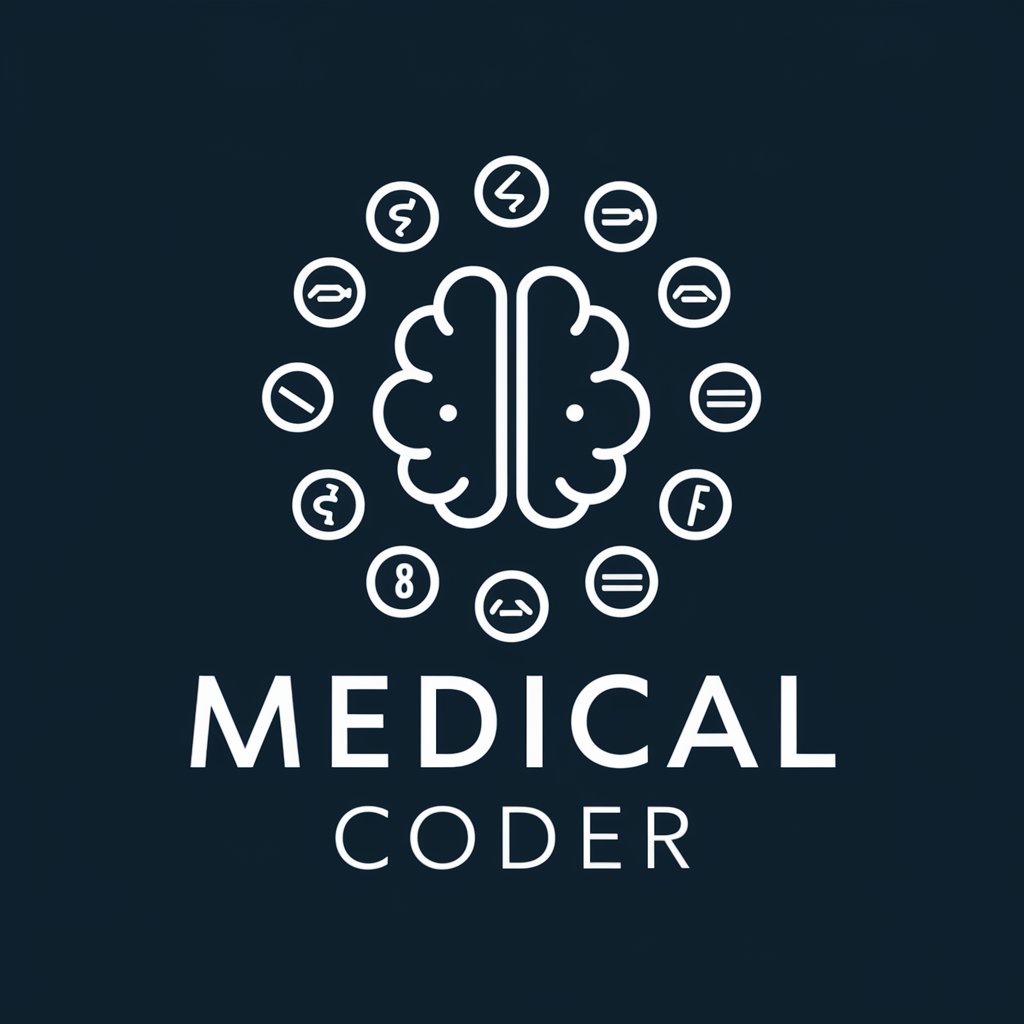
Medical Mentor
Empowering Medical Understanding with AI

AI Medical Scribe
Streamlining Medical Documentation with AI

Medical Notes
Streamline medical documentation with AI power
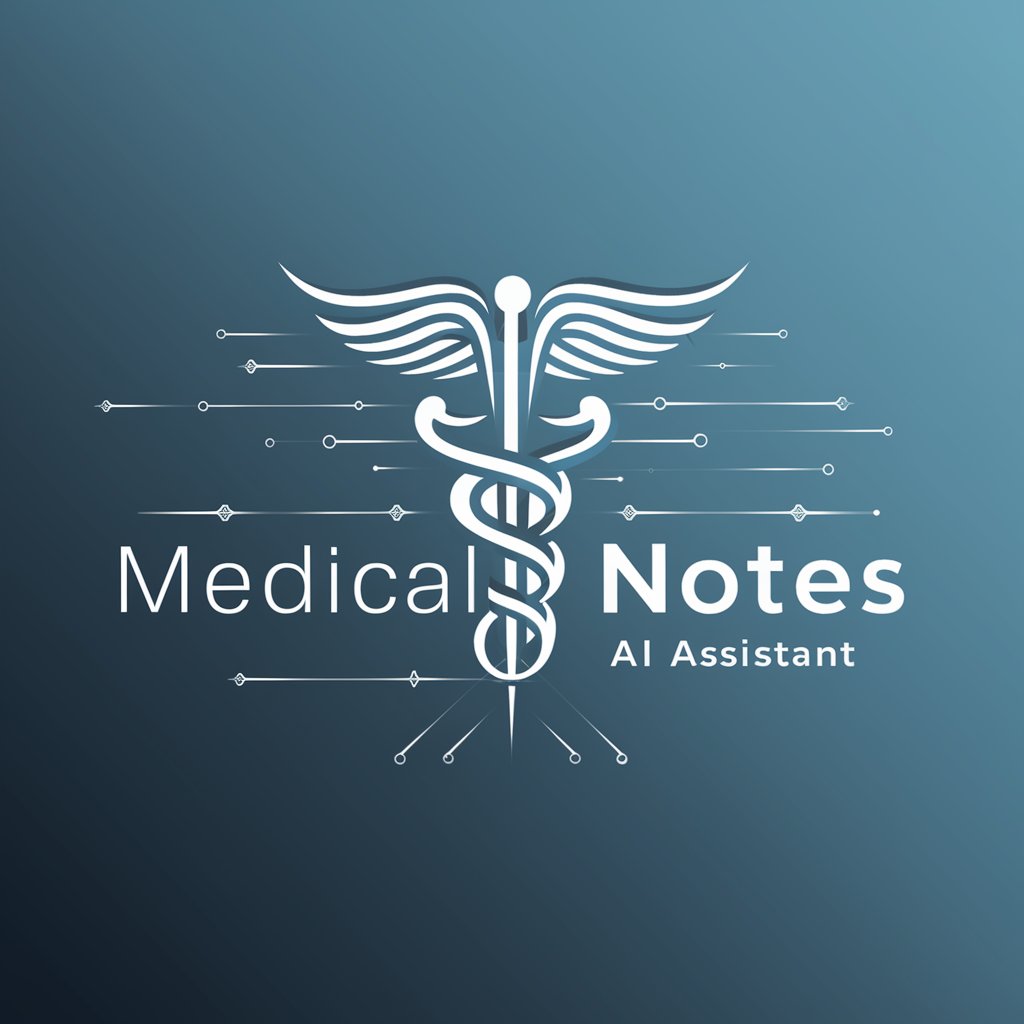
漫画キャラクター着せ替えアプリ
Craft your manga avatar with AI

4コマ漫画AIクリエイター
Craft Your Story with AI-Powered Manga

Frequently Asked Questions about Medical Complaints
What constitutes a valid medical complaint?
A valid medical complaint typically involves allegations of inadequate or harmful medical care or treatment by healthcare providers. It should include detailed information about the incident(s), the practitioner or entity involved, and any supporting documentation that corroborates your claims.
How do I submit a medical complaint?
Submission processes vary depending on the region and the specific body handling such complaints. Generally, complaints can be submitted via online portals, email, or physical mail. Ensure you follow the guidelines provided by the relevant authority for submission.
Can Medical Complaints help me draft a legal document?
While Medical Complaints can guide you through the procedural aspects of drafting a complaint, including what information to include and how to organize it, it does not provide legal advice or draft legal documents.
What happens after I submit my complaint?
After submission, your complaint will likely undergo a review process where it may be evaluated for validity and severity. Depending on the findings, there could be investigations, mediation, or direct action taken against the practitioner or entity involved.
Can I use Medical Complaints for complaints outside the medical field?
No, Medical Complaints is specialized for guiding users through the process of drafting and understanding medical-related complaints. For issues outside the medical field, it would be more beneficial to seek resources tailored to those specific areas.
